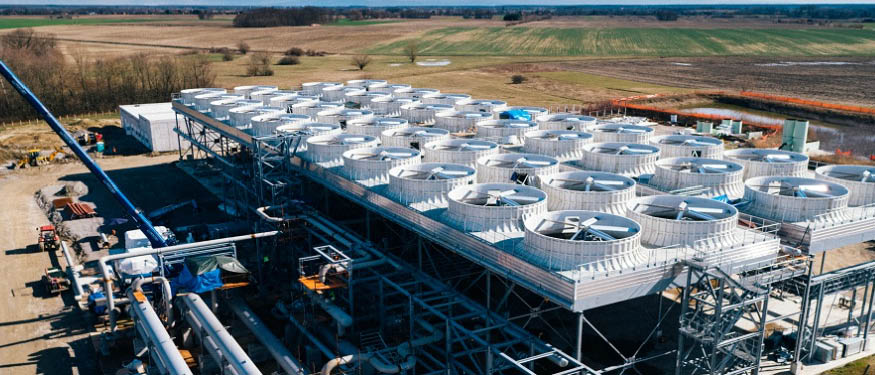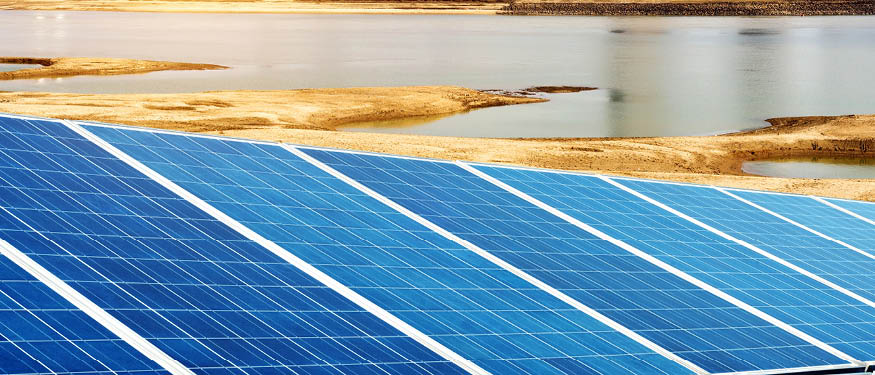Bulgaria’s renewable energy sector has seen significant growth in recent years. In 2024, almost 1 gigawatt of new renewable energy capacity was connected to the grid, predominantly from solar energy. Notably, no new wind farms have been commissioned since 2012, primarily due to administrative barriers and local opposition. However, investor interest remains high, especially in the southern and northwestern regions. Projects like the 238-megawatt Tenevo hybrid solar plant in Yambol, which plans to integrate a solar park, wind turbines, and energy storage, exemplify this trend.
The M&A market for renewable energy projects is also growing rapidly. Numerous projects are advancing through the permitting process, with many nearing the ready-to-build status. However, local developers often lack the financial capacity to bring these projects to fruition independently and therefore actively seek external investment. As a result, both domestic and international investors are closely assessing opportunities for strategic entry. Transaction structures range from straightforward share purchase agreements to more sophisticated joint venture arrangements, depending on the specifics of each project and the parties involved.
In contrast to the last big wave of new renewable energy projects that came when feed-in tariffs were introduced approximately 15 years ago, the development of new renewable energy projects is happening on a market basis without operational state subsidies. Currently, the Bulgarian government has not announced any plans to reintroduce support schemes such as feed-in tariffs and long-term power purchase agreements.
With negative electricity prices increasingly appearing on the exchange, the development of electricity storage facilities by renewable energy investors has become another key market trend. To support the new investments in storage, the Bulgarian Ministry of Energy launched two auctions in 2024 under the National Recovery and Resilience Plan for investment aid for renewable energy projects co-located with a storage facility. The investment aid is only provided for the storage components of co-located projects and is limited to 50% of eligible costs. The auctions were successful, and it is expected that the selected projects will bring more than 1 gigawatt of new storage capacities to the grid in 2026.
In addition to the development of new renewable energy projects, corporate power purchase agreements (PPAs) have become an essential component of the market. In the last few years, the corporate power purchase market has taken off, with the number of transactions increasing. There is no special regulatory framework for corporate PPAs in Bulgaria, so parties are free to draft contracts in accordance with their specific goals and requirements. Both physical and virtual PPAs may be executed. Generally, in the case of physical PPAs, the client will also have a contract with an electricity supplier (a licensed electricity trader), which delivers the extra electricity needed due to the differences in the production profile of the renewable producer and the consumption profile of the industrial consumer. Virtual PPAs are concluded as a contract for difference where the parties negotiate a fixed price under the contract and the financial flow depends on the actual electricity price on the organized exchange. The Energy Traders Europe standard corporate PPA is often used as a basis for a contract, but some revisions are always required due to local laws and project specifics. Cross-border corporate PPAs are also legally possible.
Solar and wind are not the only renewable energy technologies suitable for investment in Bulgaria. Geothermal energy is now defined in the renewable energy act, and pilot projects are already explored and realized. Pumped hydropower is another key technology for the balancing of the energy system, where investments are needed to upgrade the current infrastructure.
Looking ahead, Bulgaria is well-positioned to be a regional leader in renewable energy. With strong investor interest, a growing pipeline of advanced-stage projects, and a steadily evolving regulatory framework, the market holds substantial promise.
By Dimitar Kairakov, Co-Head of Energy, Schoenherr
This article was originally published in Issue 12.5 of the CEE Legal Matters Magazine. If you would like to receive a hard copy of the magazine, you can subscribe here.

























